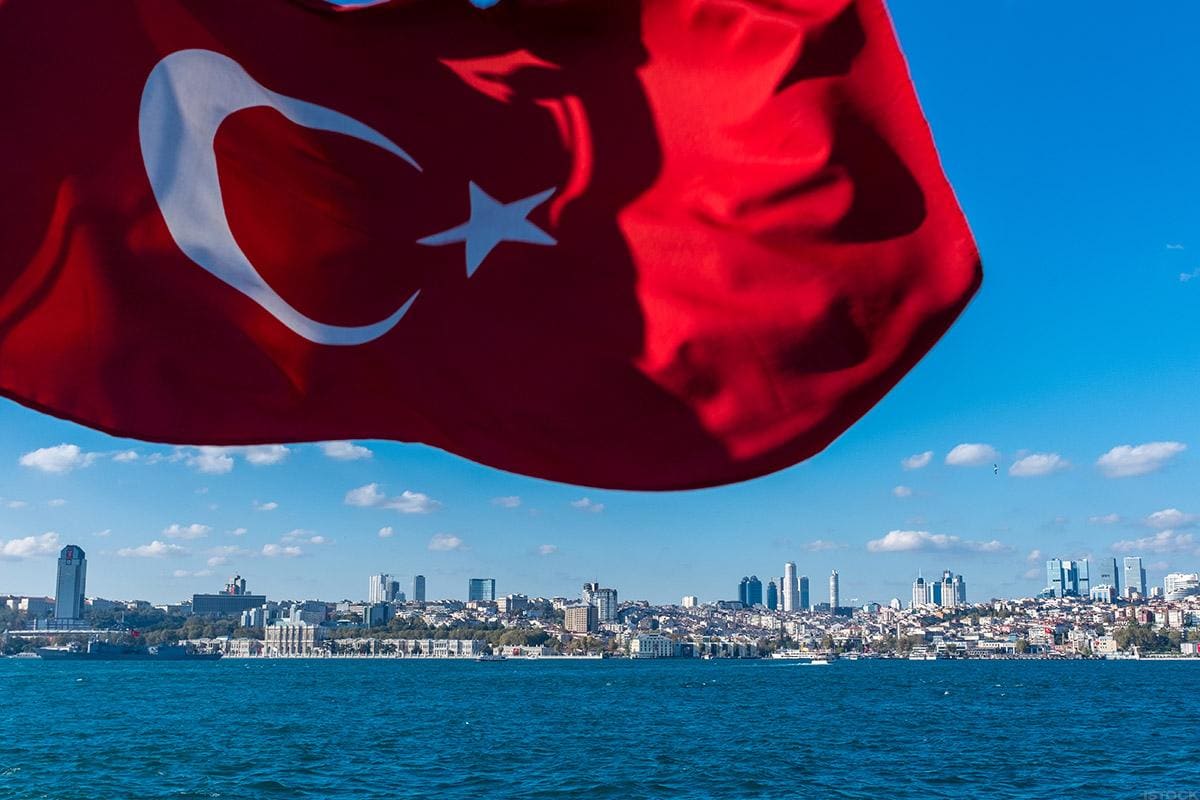
One of Elon Musk's trademark positions has been steadfast opposition to censorship, wherever it comes from.
No sooner had he acquired the microblogging website Twitter for $44 billion last October than he diverged from what he called the U.S. federal government's pressure on Twitter 1.0 to remove certain content.
This posture is reflected in the publication of the Twitter Files, which included information from the platform intended to prove that Twitter 1.0 -- pre-Musk -- had implemented practices to muzzle conservative voices.
Those documents were also designed to suggest that federal agencies colluded with Twitter 1.0 and other Big Tech to censor non-progressive voices.
These internal documents were given to certain journalists, who reported on them.
"With rare exception, the FBI seems to want to do the right thing, but there is no question that Twitter operated as a Democratic Party activist machine," he blasted out last December.
Elon Musk vs. Censorship. Except...
A few days later, he was asked by a Twitter user whether the FBI was "still working at Twitter."
The billionaire responded: "To be clear, I am overall very much pro FBI. The agency does a great deal of important work protecting the public. That said, no organization is perfect and part of the FBI obviously overreached with respect to online censorship."
Last month, the techno king (his nickname at Tesla) again condemned censorship, which he presented as a threat to free speech. He has called himself an "absolutist" defender of freedom of speech.
"If we lose freedom of speech, it’s never coming back," Musk said. "Beware of censorship lest ye censored."
All these statements suggest that Musk, who on Nov. 28 launched what he called "a revolution against online censorship in America," will not censor a voice beyond what the law prohibits.
Except -- Musk's Twitter has just made a disconcerting decision, which indicates that he makes some exceptions to his free-speech position that have nothing to do with the law.
The platform agreed to comply with censorship requests from the Turkish authorities in the days leading up to the presidential election, which was held on May 14.
Twitter Blocked Some Tweets
At the request of local authorities, Twitter made certain tweets from Turkey unavailable.
The platform did not specify which content was blocked. It explained simply that if the posts were unavailable inside Turkey, the tweets in question remained accessible from foreign countries.
The request came as the country voted in the most uncertain presidential election since Recep Tayyip Erdogan came to power.
"In response to legal process and to ensure Twitter remains available to the people of Turkey, we have taken action to restrict access to some content in Turkey today," the social network said on May 12, two days before the election.
"We have informed the account holders of this action in line with our policy. This content will remain available in the rest of the world."
In the face of criticism reminding him of his stance on free speech, Musk defended the decision to comply with the Turkish government's request. For him, it was that or cut off Twitter for all Turks.
"Did your brain fall out of your head, Yglesias?" he snarled at the Bloomberg columnist Matthew Yglesias, who accused Twitter of censoring opponents of Erdogan. "The choice is have Twitter throttled in its entirety or limit access to some tweets. Which one do you want?"
Musk Points to Other Social-Network Policies
The billionaire then tried to shine the spotlight on other social networks.
"This is par for the course for all Internet companies – we are just going to be clear that it’s happening, unlike the others," Musk said.
These explanations did not convince many people.
Consider Jimmy Wales, co-founder of Wikipedia, who recalled having fought against Turkish censorship of the online encyclopedia in 2017. The Turkish Supreme Court had finally ruled this censorship illegal in 2019. Wales also sharply criticized Musk, calling his commitment to free speech more of a slogan than a principle.
"What Wikipedia did: we stood strong for our principles and fought to the Supreme Court of Turkey and won. This is what it means to treat freedom of expression as a principle rather than a slogan," Wales said.
For the first time in his career, Erdogan, in power for 20 years, did not win the election in the first round, winning 49.4% of the vote. His opponent, Kemal Kiliçdaroglu, contrary to the forecasts of almost all the polls that gave him the lead in recent weeks, finished in second place, with 45%.
A second election round will take place on May 28.







